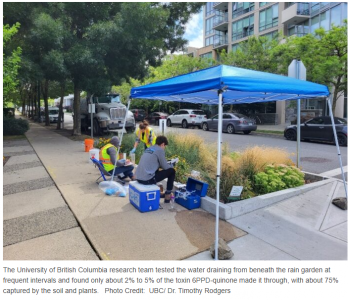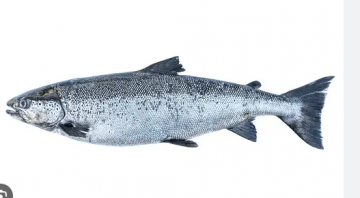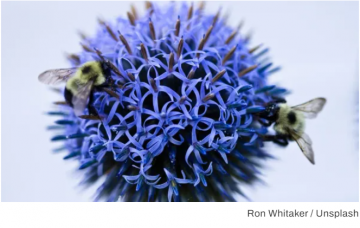IRES’s Dr. Jiaying Zhao to testify in the Canadian Senate on the basic income bill Tuesday, October 17th 2023
Zhao (she/her) will serve as an expert witness supporting Bill S-233, an Act to develop a national framework for a guaranteed livable basic income.
Canadians want urgent climate action, but cost of living stands in the way
Dr. Kai Chan is featured by Global News for his comments on people’s attitudes about climate change.
Canada’s wildfires take devastating toll on wildlife
Dr. Matthew Mitchell is featured in France 24 and says fumes from wildfires have acute or chronic effects on the health of wildlife.
What do homeless people do with cash aid? A new study found out
Dr. Jiaying Zhao led a study which found that unhoused people are more likely to spend a lump sum of money on rent, food, housing, transit and clothes, despite public perception otherwise.
Could rain gardens be the thing that saves salmon from toxic tire chemicals?
Could rain gardens be the thing that saves salmon from toxic tire chemicals? Dr. Timothy Rodgers is featured on the Jill Bennett Show to answer how rain gardens can have a huge impact.
‘The land will be lost forever:’ Okanagan is one the most endangered ecosystems in Canada
Dr. Kai Chan (Institute for Resources, Environment and Sustainability; Institute for the Oceans and Fisheries) commented on the threats facing the Okanagan in iNFO News
Extravagant Celebrity Flower Arrangements Need to Be Nipped in the Bud
“When people come to learn about just how damaging the industrial farming of flowers is, it doesn’t feel like such a good gift. Dr. Kai Chan comments in Popsugar via MSN. Read more to see how to gift more sustainable flowers and provide a beautiful and more meaningful gift. Image by Sean Zanni
The underappreciated benefits of wild bees
Bees both pollinate natural systems and are extremely important for agricultural crops. Freethink features Dr. Claire Kremen to discuss how all of the benefits provided by native bees may be at risk.









